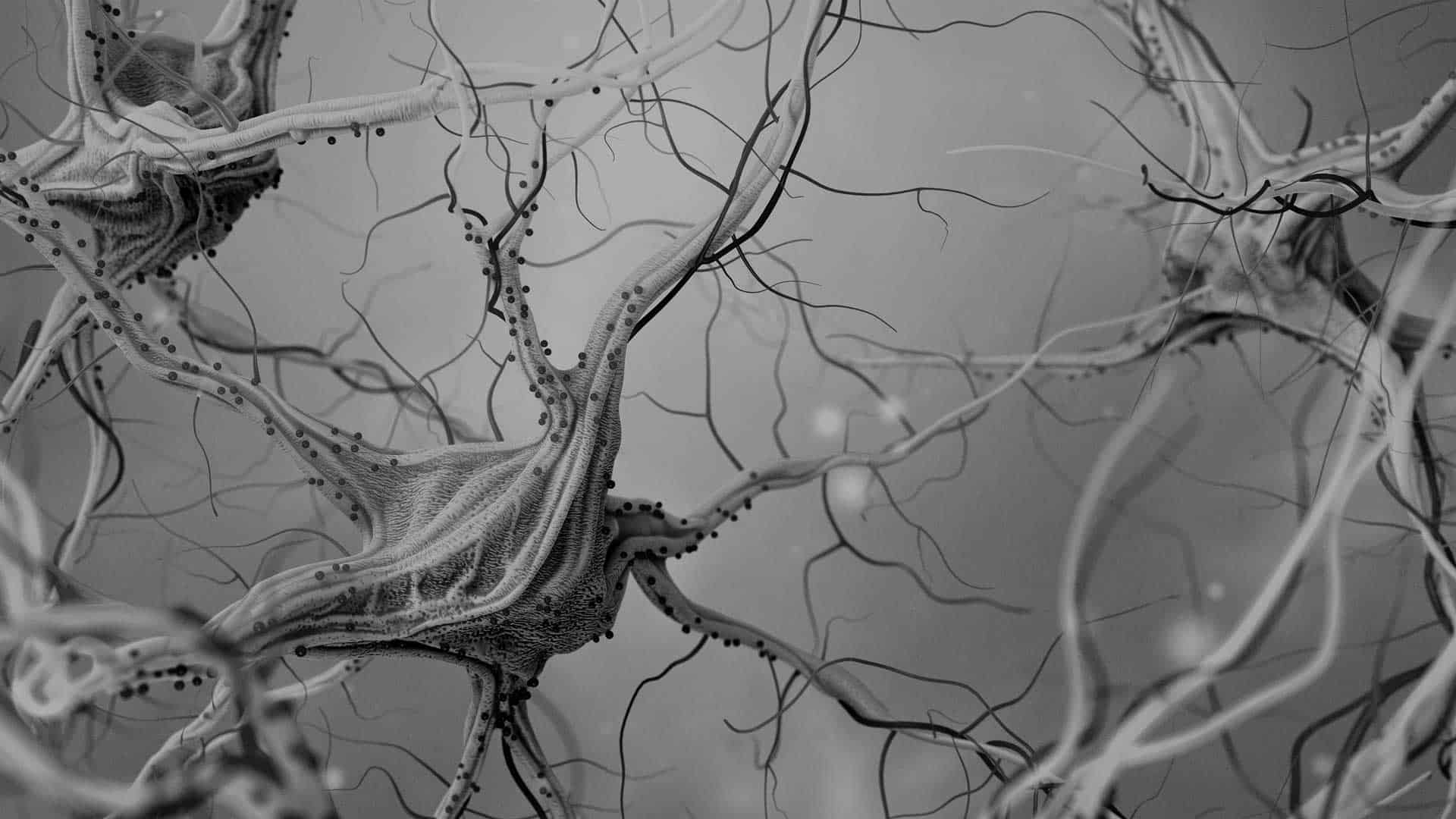A Chicago area optometrist, recognized globally for revolutionizing scientific understanding of how light affects brain function, chaired three major panel sessions on topics in neuro-optometry, neuro-optometric rehabilitation and neuro-modulation during the 16th Annual World Congress of the Society for Brain Mapping and Therapeutics (SBMT) in Los Angeles, March 15-17.
Deborah Zelinsky O.D., founder and research director of the Mind-Eye Institute (http://mindeyeinstitute.com), based in Northbrook, Ill.,moderated nearly a dozen speakers and 15 presentations on topics ranging from depth perception, brain concussions and learning difficulties to cognitive processing, effects of movement and the impact of environment on patients – even on their smiles.
Speakers in her group traveled from New Hampshire, Iowa, Washington and Toronto, Canada. Clark Elliott, author of The Ghost in My Brain, flew to Los Angeles from Chicago for his presentation on how customized eyeglasses brought his life back following traumatic brain injury.
The World Congress of the SBMT brought together physicians, scientists, engineers, policymakers and biotech and industrial leaders from throughout the world to learn more about advances and applications in brain and spinal cord mapping and image-guided therapies.
Dr. Zelinsky was invited to the conference as a section chair because of her understanding of how changes in light on the retina can impact brain function. Her ground-breaking clinical successes and research in neuro-optometric rehabilitation have revolutionized scientific thinking about how the retina serves as a two-way portal into the mind and body.
“The way light disperses across the retina impacts brain function, the various nervous systems and body chemistry,” said Dr. Zelinsky. “For instance, at subconscious levels, changes in ambient lighting affect how the brain reacts, interprets and responds to information about the environment by impacting a person’s spatial awareness, movement, and selective attention to sound. At unconscious levels, sleep patterns are affected by lighting, too. Some people find it much harder to fall or stay asleep when lights are on or a television is flickering in a room.”
Using prescriptive eyeglasses, lenses or other optometric interventions to selectively stimulate light dispersed on the retina, Dr. Zelinsky helps patients redevelop visual skills during recovery from debilitating, life-altering symptoms of brain injuries. She also works to develop skills in patients with learning and behavioral problems.
At the World Congress of the SBMT, Dr. Zelinsky moderated discussions on such topics as the importance of depth perception, ways in which concussions create brain dysfunction, and the role of optometry and optometric rehabilitation in rebuilding a brain after concussion. She also delivered her own presentation on how traumatic brain injury can affect the loss of a smile, as told from the viewpoint of a brain-injury survivor, and how neuro-optometric techniques were able to help the patient regain that smile.
Besides the sessions led by Dr. Zelinsky, the Congress covered literally hundreds of other subjects in neurosurgery and neurology, psychiatry, radiology, neuroscience, neuro-engineering, nano-bio-electronics, spinal cord therapy and imaging, and health care policy. Presenters also reviewed the latest discoveries in Alzheimer and Parkinson’s diseases, as well as space medicine, including physiological changes that astronauts experience during space travel.
Being featured at a major international conference is not a new experience for Dr. Zelinsky. In November 2018, she became the first optometrist ever invited to address the prestigious N20 World Brain Mapping & Therapeutic Scientific Summit, which convened in Puerto Madero, Argentina.

